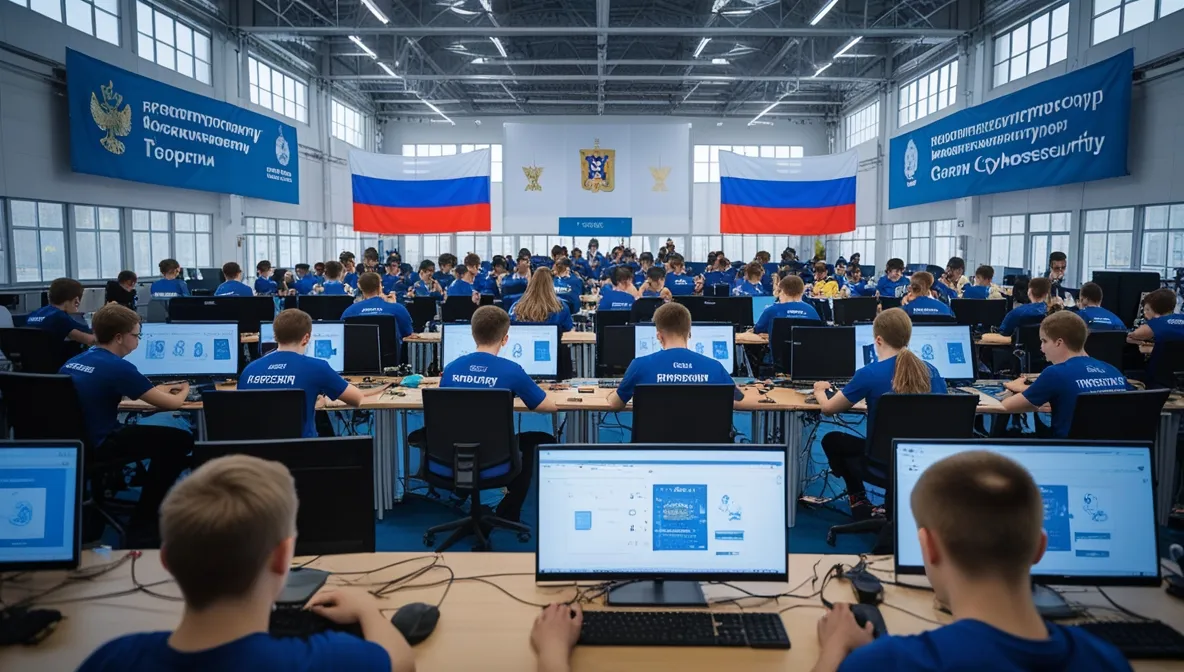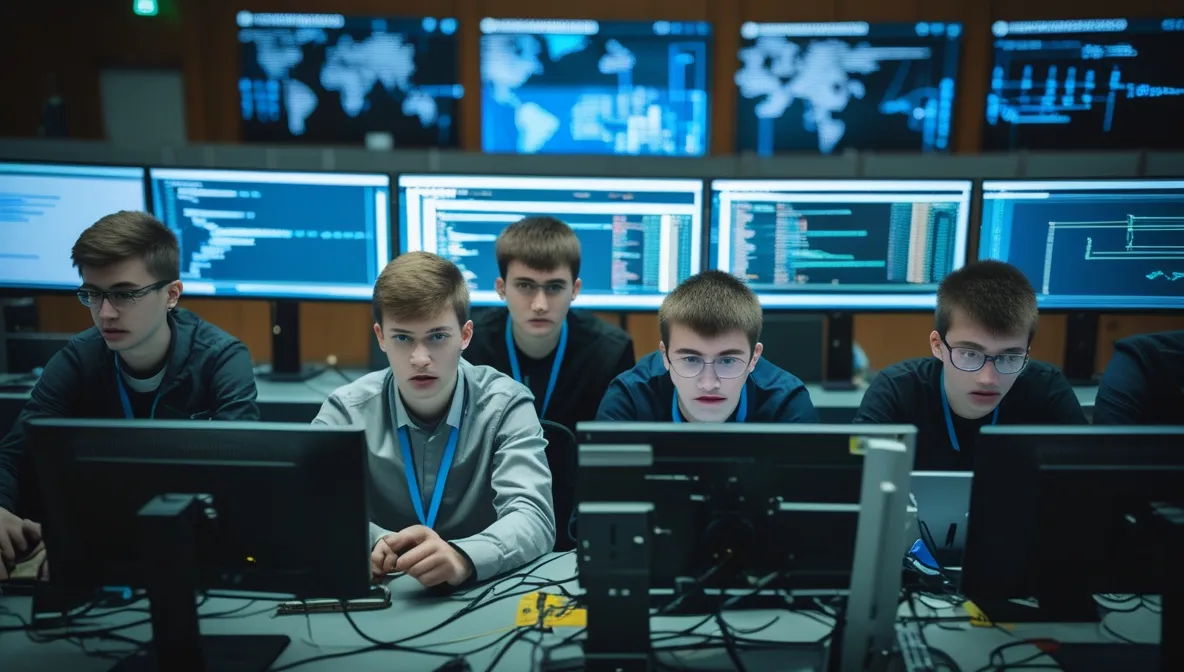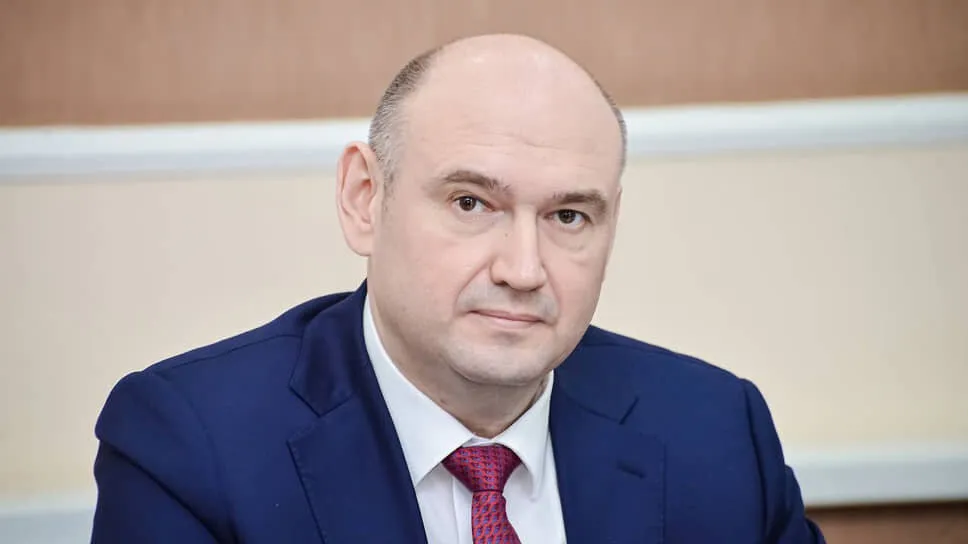Orenburg Hosts National Cybersecurity Programming Championship
More than 100 cybersecurity specialists, students, and enthusiasts gathered in Orenburg to compete in Russia’s National Championship for Information Security Programming — a competition designed to strengthen the country’s digital defenses and train the next generation of cyber experts.

Cyber Literacy and Real-World Drills
The competition brought together over 100 participants from eight Russian regions, including Moscow, St. Petersburg, Orenburg, Oryol, Krasnodar, Komi, Mordovia, Tomsk, and the Donetsk People’s Republic. Contestants competed in two divisions: a junior league for students aged 14–18 and a professional league for participants aged 16 and older.
Challenges ranged from vulnerability detection and cyberattack simulations to defensive response tasks. Alongside the main event, organizers hosted digital literacy workshops, a youth cybersecurity forum, roundtable discussions on government and business cyber resilience, and live cyber defense exercises.

For young specialists, the event offered invaluable experience under conditions that closely mimic real-world cyber incidents. For the government, it served as a platform to strengthen Russia’s cybersecurity talent pool and readiness against future digital threats. The IT sector, meanwhile, gained new motivation to refine its skills and expand its competitive landscape in infrastructure protection.
Expanding the Map
Russia’s cybersecurity competition model could soon expand to the CIS and other partner regions as an educational and workforce development framework. Domestically, experts propose increasing the geographic reach of such events, involving more schools and universities, and promoting mentorship programs between academia, industry, and government organizations.
These initiatives are expected to drive innovation in local cybersecurity technologies, accelerate the development of Capture the Flag (CTF) platforms, and encourage the creation of domestic solutions for digital infrastructure defense. This approach also supports Russia’s strategy of reducing reliance on foreign educational and competition platforms by developing indigenous cybersecurity ecosystems.
A Nationwide Movement
Orenburg was chosen as the championship venue for a reason. In 2024, the local team SIGAN took first place in the national programming contest OrenHack-2024, with teams from Moscow (CUT) and Tomsk (SiBears) taking second and third.

Similar competitions are held across the country. Moscow hosts the annual Positive Hack Days (PHDays) — a global cybersecurity event organized by Positive Technologies. Its main highlight, ‘The Standoff,’ simulates real-world cyberattacks and defenses on industrial systems, financial apps, and web platforms. Winners of white-hat hacking contests and students from the Positive Education program are often granted free passes to the event.
The Russian Federation of Computer Sports runs multiple cyber tournaments, including the National Student Cyber League, the All-Russian School Cyber League, and the BRICS Nations Championship. Meanwhile, regional hackathons like ‘Hacker’s Trace’ and the AI-driven ‘Znanie.Viki’ competition train participants to investigate and mitigate security incidents using advanced digital forensics tools.
For many companies, these competitions are becoming key recruitment tools. Employers monitor top-performing participants, inviting them to internships and full-time cybersecurity positions.

Building a Cyber-Ready Future
In the coming years, the number of regional and national cybersecurity competitions in Russia is expected to grow, forming leagues and integrating cyber disciplines into school and university programs. These competitions are more than just contests — they are becoming a foundation for professional development and cybersecurity awareness.
Over the medium term, participants are likely to join national cybersecurity firms, state corporations, and critical infrastructure enterprises, strengthening Russia’s internal security and technological independence. The long-term goal is to establish a unified national cybersecurity competition platform connecting all levels — from students to professionals — with potential integration into international networks like the SCO and CIS.
Achieving this vision will require strong infrastructure, mentorship, standardized challenge sets, and close collaboration with industry. Ultimately, participation in these competitions could evolve into a recognized career pathway for cybersecurity specialists.










































